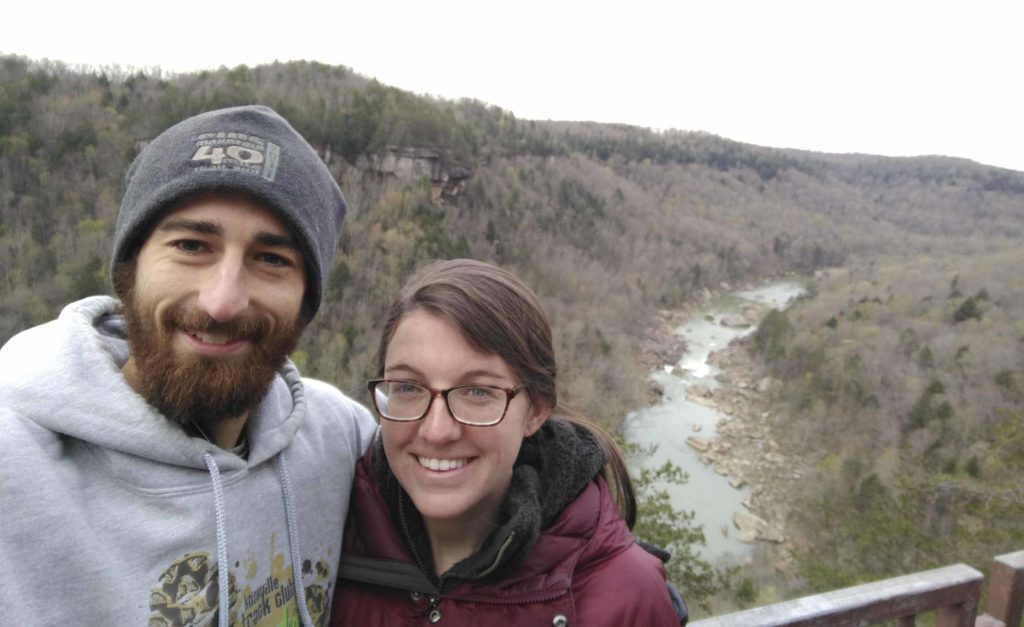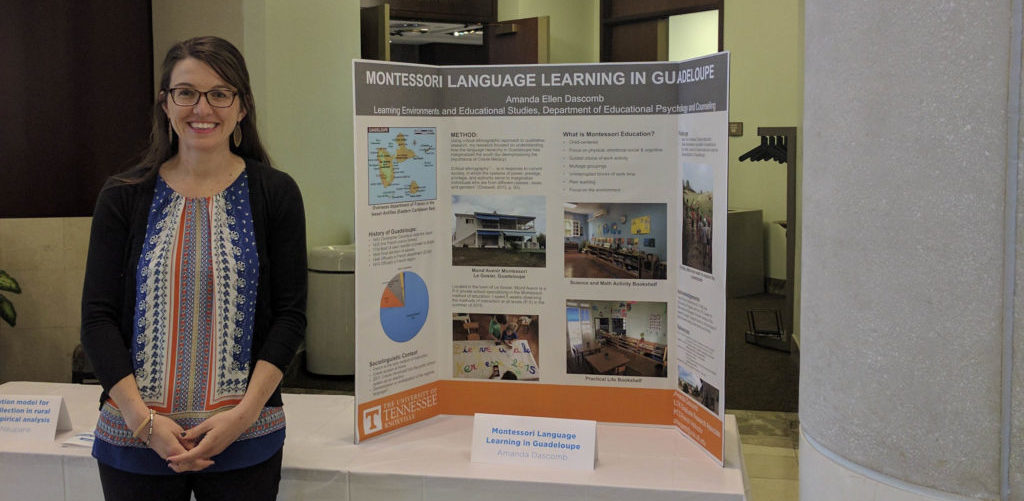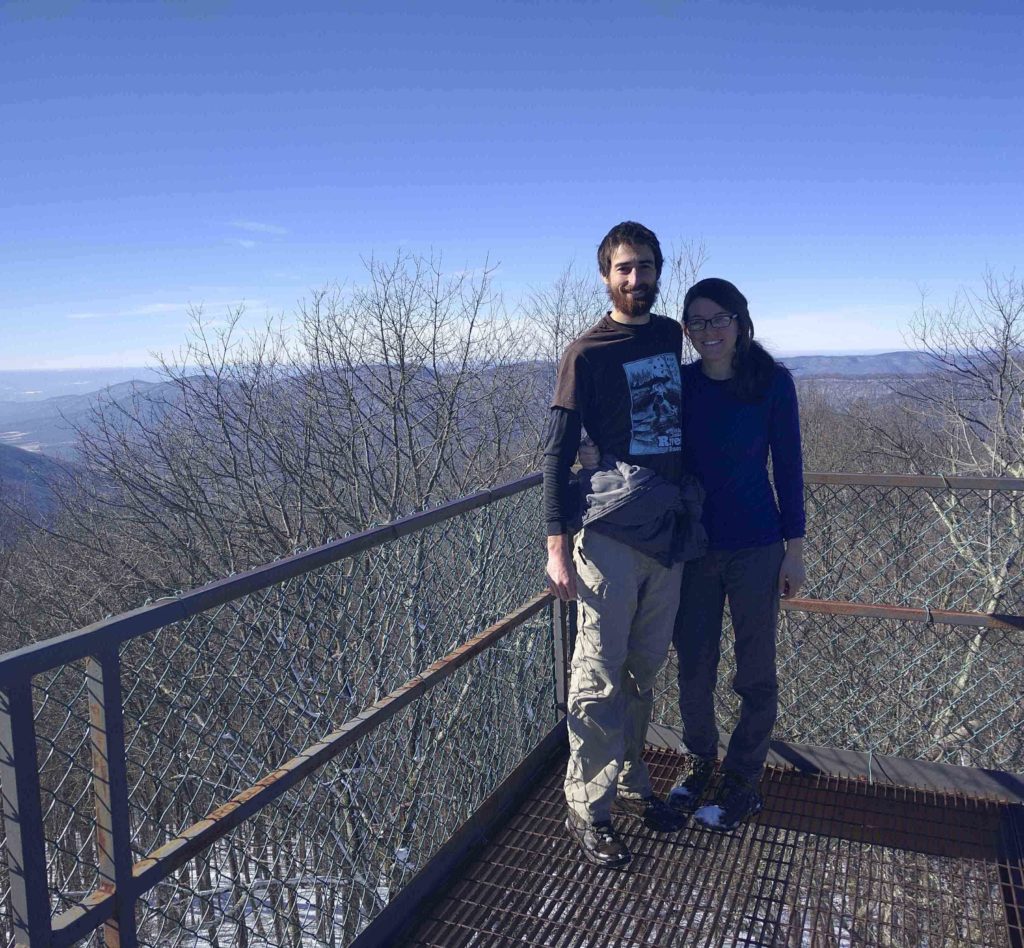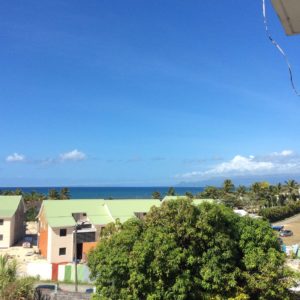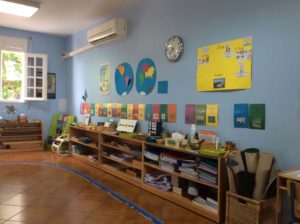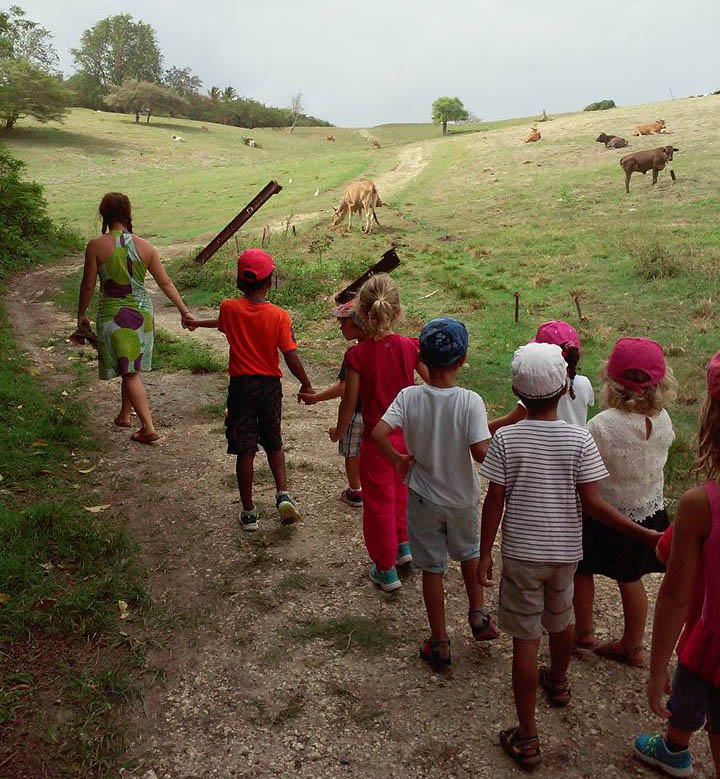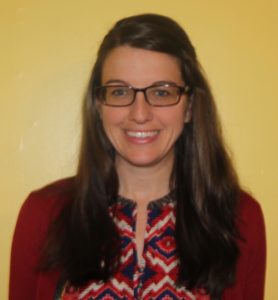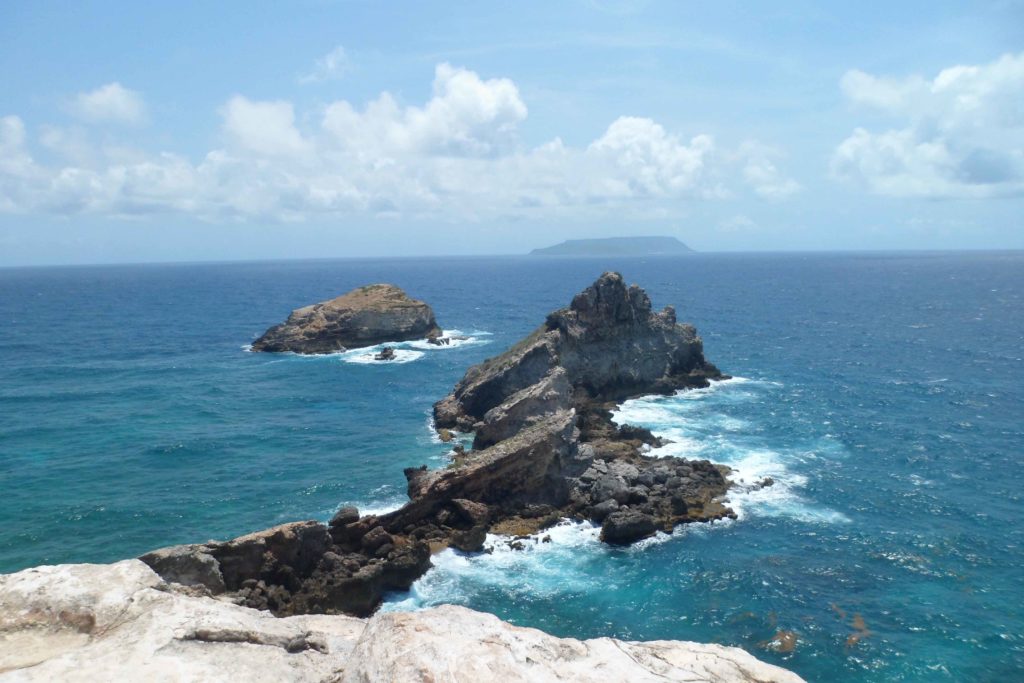
Learning Environments &
Educational Studies
Amanda is currently seeking her PhD in education with a concentration in the Learning Environments and Educational Studies program. Originally from Everett, WA, she received her MA in French and francophone studies from the University of Florida and joined EPC in 2013. We asked her to reflect on some past and current experiences. Read her responses below.
Awards
- McClure Scholarship for Independent International Research Project: Multilingual Montessori Primary Instruction in Guadeloupe, France, Summer 2015
- MSERA Graduate Student Research Award, 2014
- ESPN Graduate Student Fellowship Award, 2013
Accomplishments
“Public Montessori Effectiveness at Instructing ESL Students.” Paper presented at the Mid-South Educational Research Association regional conference, November 4-6, 2014, Knoxville, TN.
“The Imperialist Vision of Human Rights in West Africa: The Battle for Literacy.” Paper presented at the American Educational Research Association annual conference, October 29-November 2, 2014, Toronto, Ontario.
“Nothing to Sing About: Societal Discourse in Regards to the Further Degradation of Substitute Teachers in the United States.” Paper presented at the American Educational Research Association annual conference, October 29-November 2, 2014, Toronto, Ontario (with Melissa Harness).
Refer to CV for more details.
Current Occupation
Graduate Research Assistant
Department of Educational Psychology and Counseling
University of Tennessee, Knoxville
French Teacher
Hardin Valley Academy
Knox County Schools
Personal Interests
Outside of research, teaching and grading papers, I enjoy spending time camping, hiking and traveling with my husband and our two-year old golden retriever, Walden. We all spend a lot of time indoors during the work week, so the weekend is reserved for as much time outdoors as daylight allows.
Future/Vocational Goals
Teaching is what I enjoy most. While I love my high school (administration and colleagues), I am working towards a switch to the tertiary level. My goal is to finish my dissertation by the end of this upcoming fiscal year.
What sold you on this program?
A PhD is a very long and arduous process. I knew that in order to complete such a degree (which I wished to do), I would need an advisor that I worked well with. Upon reading about the cultural studies program, I knew that my educational philosophy was well aligned with my current advisor’s, Barbara Thayer-Bacon. This support system, combined with the opportunity to teach CSE 200 (which I did for two years), sold me on entering this program.
What is the best tidbit you have about Knoxville?
Knoxville is very accessible to travel. The hiking/camping in the Big South Fork, GSMNP and just over the mountains Pisgah NF, is spectacular and amazing. I can also travel to see family (and for conferences/research projects) with relatively cheap flights via TYS.
